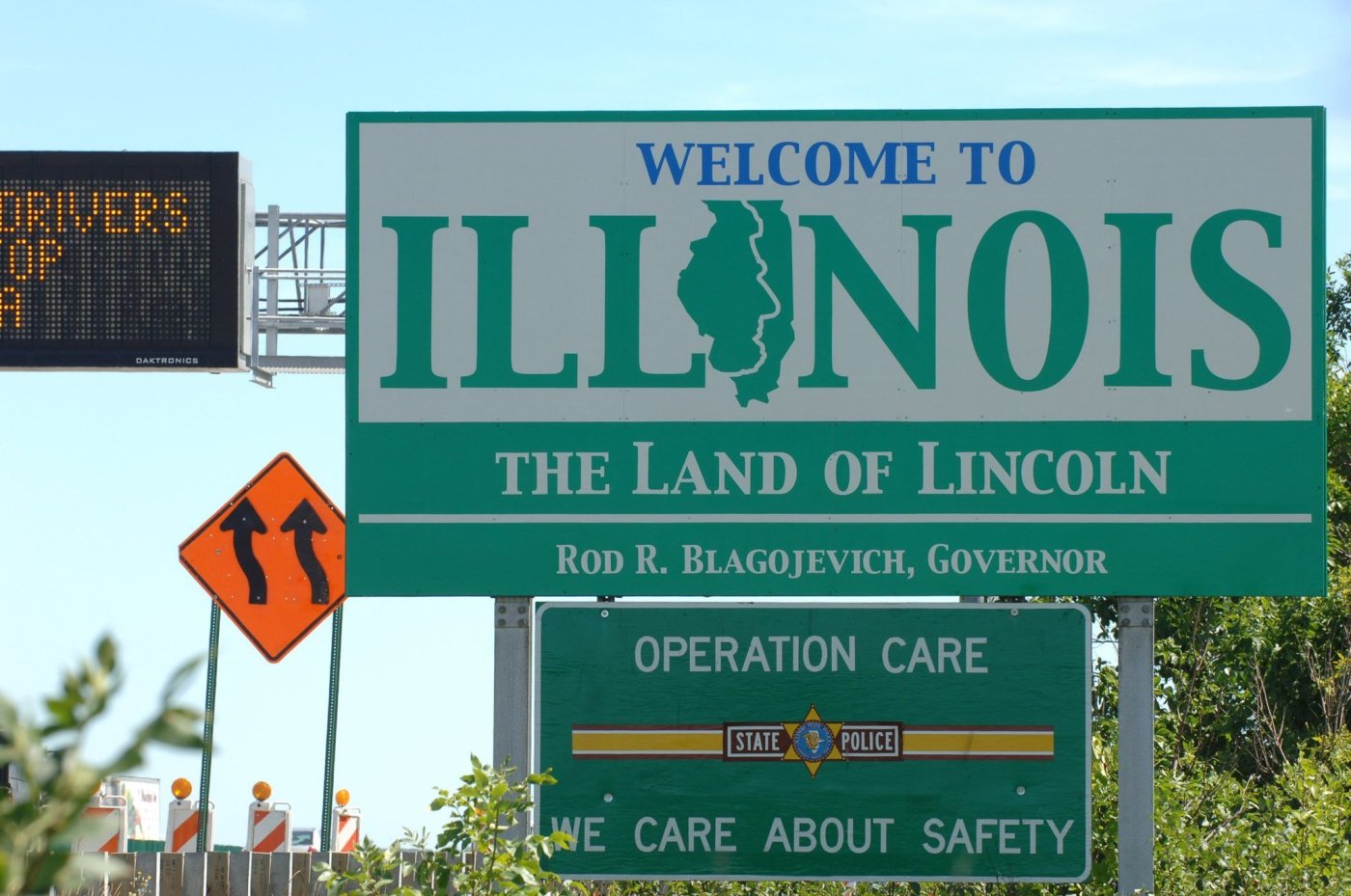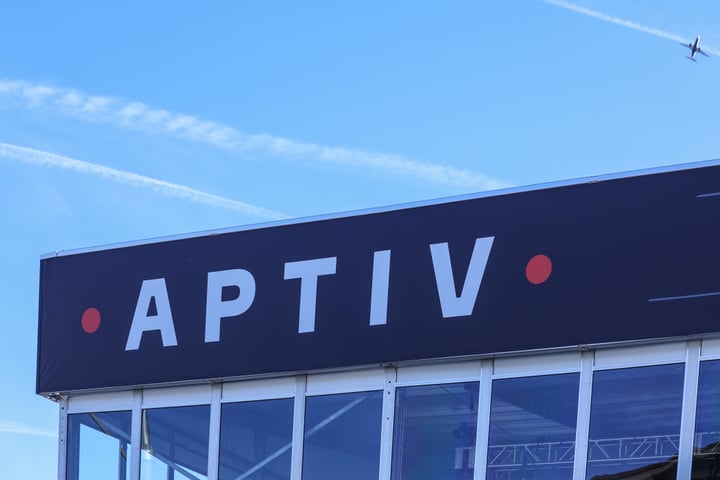
In a significant response to a recent incident involving SwissBorg, Kiln has announced the withdrawal of a portion of its Ethereum validators. This decision reflects growing concerns over security and risk management within the decentralized finance (DeFi) sector, which is increasingly scrutinized for its operational transparency and reliability.
Understanding the SwissBorg Incident
SwissBorg encountered serious challenges when users reported discrepancies in their staking rewards and faced difficulties accessing their funds. While the exact details of the event remain under investigation, it has raised alarms about the vulnerabilities inherent in the staking rewards management and liquidity strategies used by some platforms. This incident has not only shaken user confidence but also prompted discussions about the broader implications for validator security and the risks associated with staking.
Kiln’s Strategic Withdrawal
Established as a leader in Ethereum staking services, Kiln is recognized for its commitment to enhancing network security and providing reliable infrastructure for validators. In light of the SwissBorg incident, Kiln’s decision to withdraw some of its validators is a calculated move aimed at bolstering client asset security. Valentin Bianchi, Kiln’s CEO, emphasized that this action was taken to protect their clients and maintain the integrity of the Ethereum network. By recalibrating its operations, Kiln intends to reassess its protocols and improve security measures to shield against potential vulnerabilities.
The withdrawal of validators from Kiln’s pool has ignited a broader debate regarding the state of Ethereum staking. Industry experts view incidents like those faced by SwissBorg as critical learning opportunities that can lead to enhanced protocols and security measures across the board. As Ethereum transitions to a proof-of-stake (PoS) consensus mechanism, the need for robust validator infrastructure has never been more pressing.
While some may interpret Kiln’s withdrawal as a retreat, others regard it as a prudent strategy in an unpredictable environment. The inherent risks of the staking process necessitate continuous evaluation of strategies to mitigate exposure to unforeseen challenges. By taking proactive measures, Kiln could set a standard for responsibility within the industry.
Implications for the Ethereum Staking Ecosystem
Kiln’s cautious response to the SwissBorg incident may inspire other validators and staking services to reassess their positions and practices. With the Ethereum network offering significant staking opportunities, a ripple effect is likely, as operators may reconsider their security measures and approaches to staking. This could ultimately lead to a more resilient ecosystem in the long term.
Furthermore, users and investors are expected to become increasingly discerning regarding which platforms they choose for staking services. Trust and transparency will be critical factors in user decision-making processes, and platforms that prioritize security are likely to gain a competitive edge.
Looking Ahead: The Future of Validator Operations
The Ethereum community must learn and adapt from events such as the SwissBorg incident. Kiln’s withdrawal serves as a stark reminder of the risks involved in the DeFi space, prompting introspection among service providers. As the infrastructure surrounding Ethereum staking continues to mature, a focus on best practices in security and risk management will be vital for all stakeholders.
In conclusion, while Kiln’s recent withdrawal of validators may initially seem like a setback, it represents a necessary step toward fostering a more secure and trustworthy staking environment. As the Ethereum network evolves, it is imperative for all participants to remain vigilant and dedicated to enhancing the safety and security of the blockchain ecosystem. The lessons learned from the SwissBorg incident will undoubtedly influence the future operations of validators and the broader DeFi landscape for years to come.






